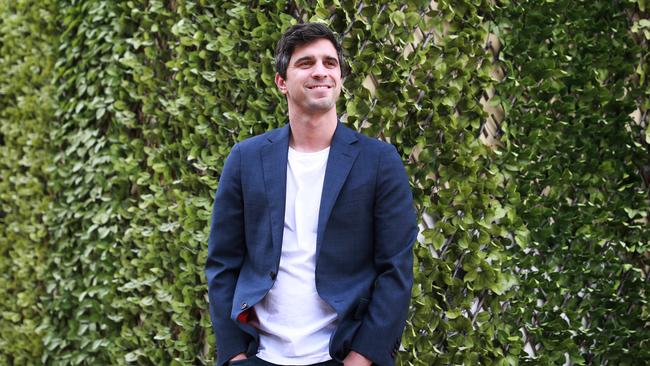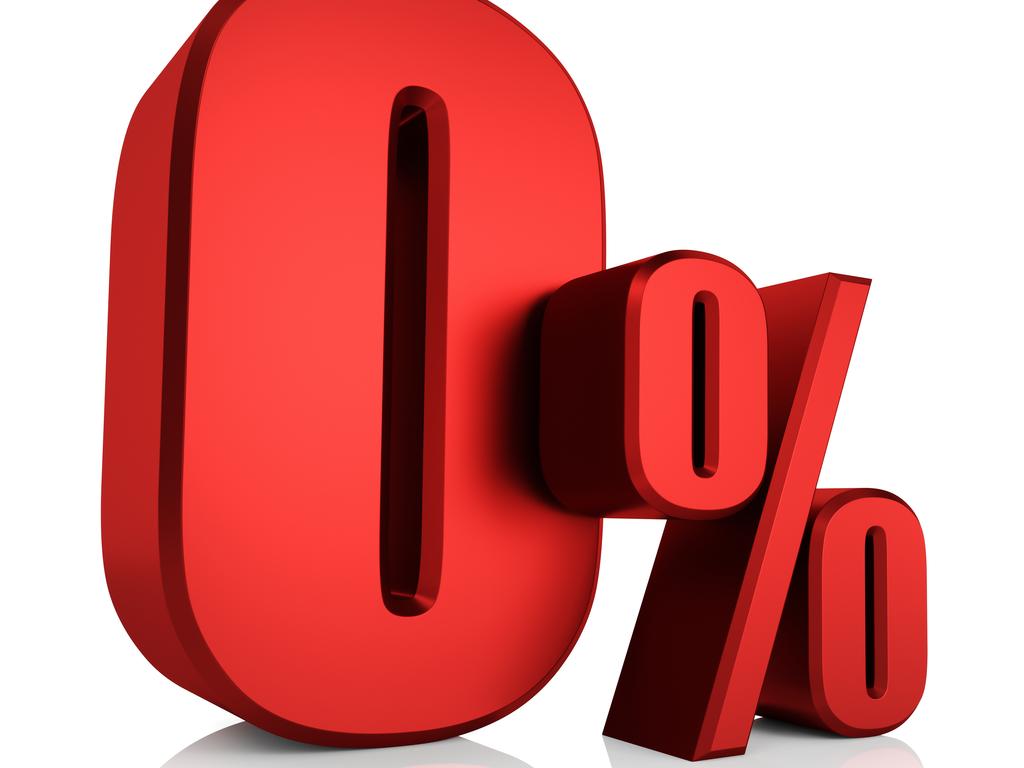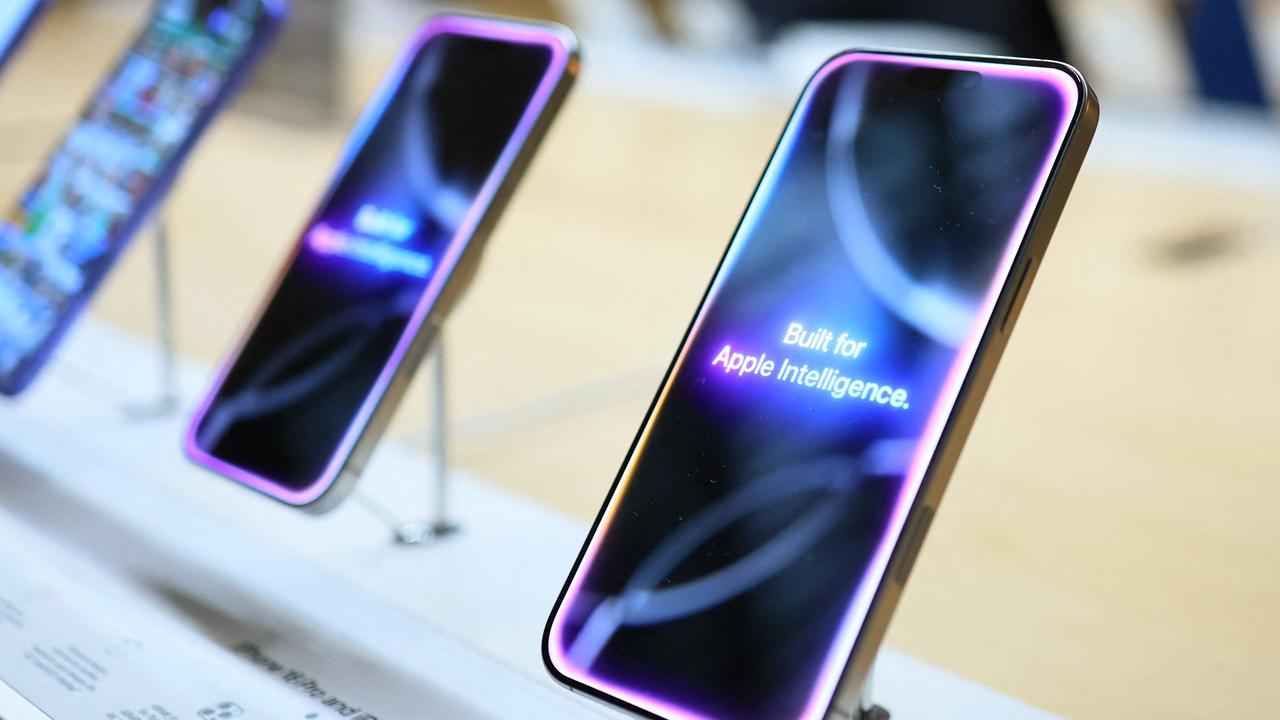Australia’s new global industry – BNPL

And on Friday the Australian Business Growth Fund was officially launched with capital of $540m from the government and the banks to invest.
But sometimes the best things in life are free. Sometimes they sneak up on you, and don’t use government money, are not picfacable, and even look a little bit shonky. I’m talking now about “buy now pay later” (BNPL).
It turns out that this is Australia’s innovative new global industry. No government money has gone into it, and in fact it’s a fair bet that no policy brainpower has been applied to it at all, but this is the first significant global industry to have originated in Australia since the Cochlear implant.
But we’re slightly ashamed of it. It doesn’t seem quite as worthy, somehow, as Cochlear, or Wi-Fi (invented in 1992 in Australia by John O’Sullivan and the CSIRO), or that more recent and very worthy Aussie invention, Fiona Wood’s spray-on skin, now being sold in the US by ASX-listed Avita Therapeutics.
BNPL is just a new way to borrow money — well, not that new to be honest, and it’s really a payment system disguised as credit, but it’s also the most interesting thing to hit the ASX in decades and is heading towards being a huge, disruptive global industry. BNPL, in short, should be more celebrated in Australia than it is.
This thought has nothing to do with the market valuations of the businesses, which have gone nuts and fed debate and scepticism. And the stocks might well be overpriced, in a bubble — your correspondent has no idea — but that doesn’t make the invention, or the businesses, any less real.
The biggest idea
The idea came to Nick Molnar, the co-founder of industry leader Afterpay, after the global financial crisis, when he noticed other millennials were cutting up credit cards, or not starting them in the first place. His friends thought they were a trap, and were scared of them.
His insight was that by setting up a brief period of free credit, funded by merchants, you could create a new payments ecosystem outside the banks and credit card giants that would be free for customers to use.
He and Anthony Eisner set up Afterpay in 2014, and listed it on the ASX in May 2016 for $1 a share, market value $165m. This week it hit $96, market value $27bn, compound annual growth rate since listing — 330 per cent. Molnar and Eisner are now each worth $2bn.
Success has many parents, as well as many imitators, so plenty of others are crowding in and saying they thought of it, but the interesting thing is that Australia is becoming cemented as the home of BNPL.
Last month a New Zealand BNPL firm that’s also six years old, LayBuy Group, listed on the ASX and in two weeks a US one named Zeebit, based in San Diego, will also do its IPO on the ASX.
Sezzle, based in Minneapolis, and SplitIt, in New York, both entirely American, are both listed on the ASX. Zip and Openpay are Australian-based, but going global, and Zip recently bought US operator Quadpay. FlexiGroup is renaming itself humm, which is the name of its BNPL business, and also trying to go global. The unlisted Latitude Group run by Ahmed Fahour has a BNPL operation as well.
There are a few BNPL operators elsewhere in the world, led by Sweden’s Klarna, that are not listed on the ASX, but not many. It is a new global industry that Australia has grabbed by accident and now dominates, simply because a young jewellery entrepreneur in Molnar, who emerged from Mark Carnegie’s venture capital incubator, happened to think of it, and then — more importantly — followed through and turned the idea into a business.
So what exactly is “it”? That seems in dispute, or rather the operators want it to be known as a budgeting tool instead of credit to escape the national consumer credit laws, but obviously it’s credit, albeit interest-free, except if you’re late, when it’s far from free.
Not a credit card
That makes it a bit like a credit card, except it’s not a credit card — and that, it seems to me, is the main thing that BNPL is: it’s not a credit card.
It’s a way for millennials to shop either in-store or online, without cash and without a credit card. It lets them put off paying for it for few weeks as well, which is a bonus, but not the main thing.
It’s very difficult to shop these days without a credit card, especially with coronavirus accelerating the coming of the cashless society. As a very non-millennial my credit card gets a tremendous workout, mostly in my phone. I never carry cash. But my children use debit cards or BNPL — credit cards are out.
PayPal, which has been the online shopping tool of choice for 20 years, uses credit cards. It has launched its own version of BNPL called Pay in 4, and CBA and NAB have both launched interest-free credit cards.
These things are unlikely to do more than validate BNPL, and since PayPal launched Pay in 4 last month, Afterpay’s share price has gone up $10.
Is it a stockmarket bubble? Well, as businesses they are clearly just scratching the surface, especially in the US, where penetration is only 1 per cent of online retail sales. But they are impossible to value conventionally, using a p/e, or price-to-earnings ratio, since there’s no “e” yet.
So the sky looks excitingly, and scarily, blue.
At some point, presumably, the politicians will launch a program to support it, with picfacs.
Alan Kohler is Editor in Chief of Eureka Report







The government is channelling some of the $74bn JobMaker Plan into supporting manufacturing and R&D (4.7 per cent of it to be precise, and wringing a lot more than 4.7 per cent of the picfac/photo-op value out of it).